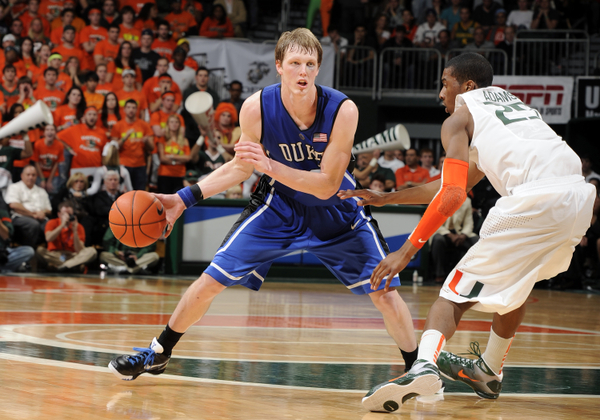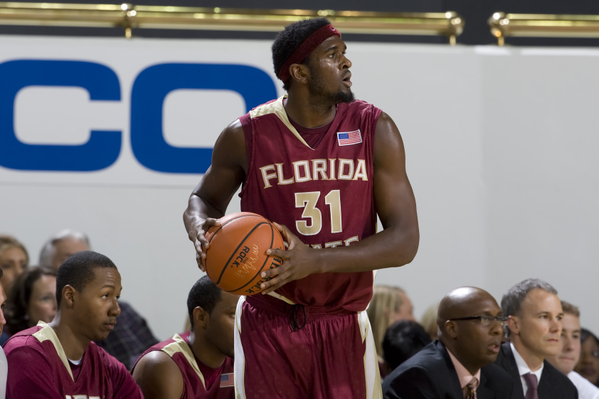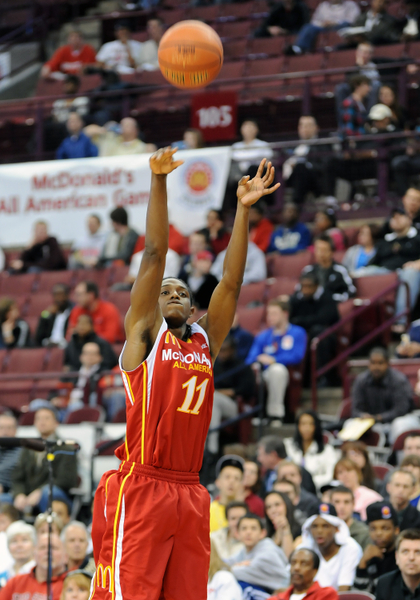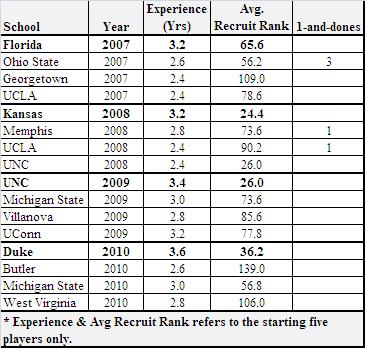Summer School in the ACC
Posted by Brian Goodman on September 7th, 2010
Steve Moore is the RTC correspondent for the ACC and an occasional contributor.
Around The ACC:
- Encore, Encore: Duke won the national title by toppling Butler in a hard-fought final, but unlike recent championship squads, there’s no major mass exodus of talent from Durham (unless you’re related to Jon Scheyer or Brian Zoubek), so the Blue Devils will have a legit chance to repeat.
- New Faces, New Places: Former Cornell head coach Steve Donahue, best known for elevating the Big Red from NCAA Tournament floormat to the Sweet 16, takes the lead for Boston College. Another import is former Wright State general Brad Brownell, who will lead Clemson after the departure of Oliver Purnell. Brownell previously served at UNC-Wilmington, so it shouldn’t take long for him to reopen that pipeline. Lastly, Jeff Bzdelik comes to Winston-Salem, hoping to provide Wake Forest with long-term stability.
- No News Is Good News: Rumors came and went surrounding conference realignment, but in the end, the ACC held steady amongst the national wave of teams changing conferences.
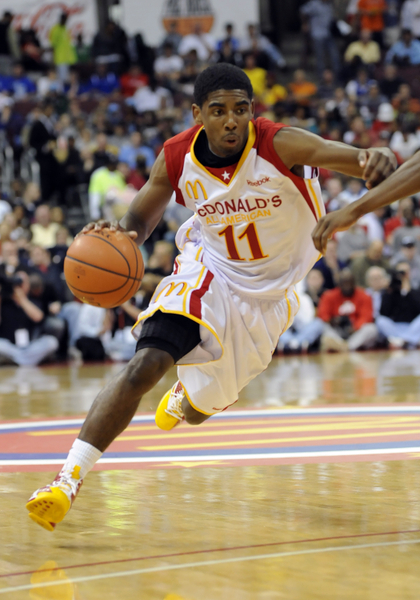
McDonald's All-American Kyrie Irving looks to complement an already-stacked Blue Devils squad on their way to a repeat.
Power Rankings (last season’s conference and overall records in parentheses)
- Duke (13-3, 35-5): The Blue Devils don’t rebuild, they just reload. Losing Jon Scheyer and Brian Zoubek hurts, but when Coach K gets back from Turkey, he’ll be happy to see familiar faces in Kyle Singler, Nolan Smith and Mason and Miles Plumlee. College basketball fans everywhere can also rejoice in another season of Curry, as Stephen’s brother Seth is eligible to play after transferring in 2009, and Kyrie Irving (West Orange, NJ) makes his long-awaited debut. The frontcourt will have to pick up for the loss of Zoubek, but with this much talent to being with and Josh Hairston arriving in Durham, I don’t think it’ll be a problem.
BETTER OR WORSE?: If you can believe it, I think Duke might be even better. They can’t top last year’s national title, obviously, but I don’t see any other ACC team touching them for the regular season title. - Virginia Tech (10-6, 25-9): The Hokies lose no one. I repeat: NO ONE. Find me another team in the nation that doesn’t lose a key contributor. With one of the ACC’s most exciting players, Malcolm Delaney, coming back, Tech also learned its lesson from NCAA snubs in the past and scheduled at least a couple interesting nonconference games, including Kansas State (away), Purdue, Penn State, Mississippi State and possibly Oklahoma State, depending on how the 76 Classic plays out in Anaheim.
BETTER OR WORSE?: Better, at least by enough to not be sweating it out come Selection Sunday. Whether they can make noise in March, no one really knows, but the Hokies will dance this season. - Boston College (6-10, 15-16): Experience, experience, experience. No one has more of it in the ACC than the Eagles. BC’s new coach, former Cornell boss Steve Donahue, has more Sweet 16 experience than most coaches in the ACC. Don’t underestimate the Eagles this season (this coming from a Boston University grad and card-carrying BC hater). With so much youth all around the ACC, BC’s experience will be invaluable, and Donahue was an absolute no-brainer to replace Al Skinner.
BETTER OR WORSE?: Better – much better. With Corey Raji, Joe Trapani and others leading the way, BC will join NC State as the league’s most improved teams, and should get an NCAA invite. Now if only they’d man up and put my alma mater back on their schedule. Read the rest of this entry »






























